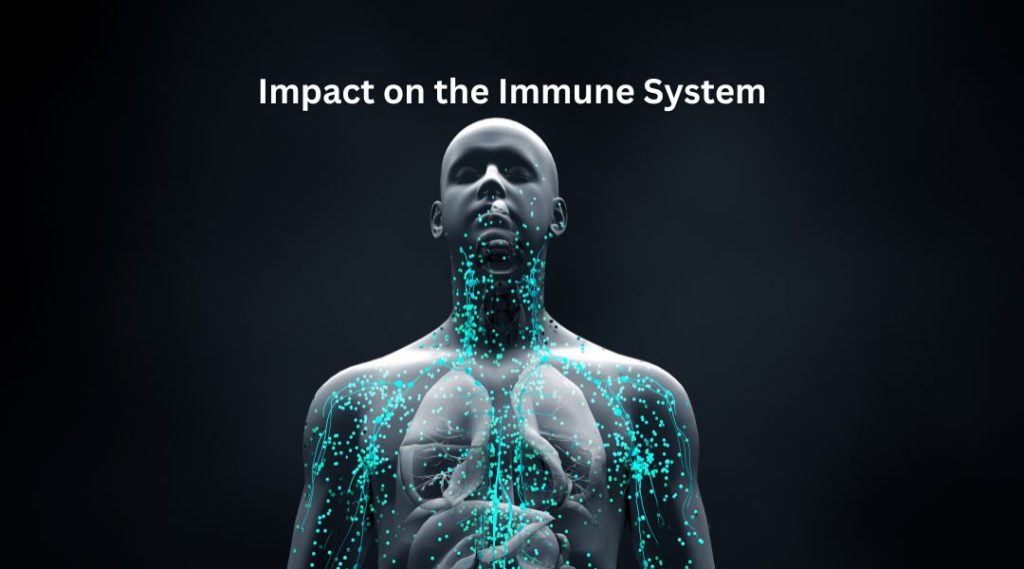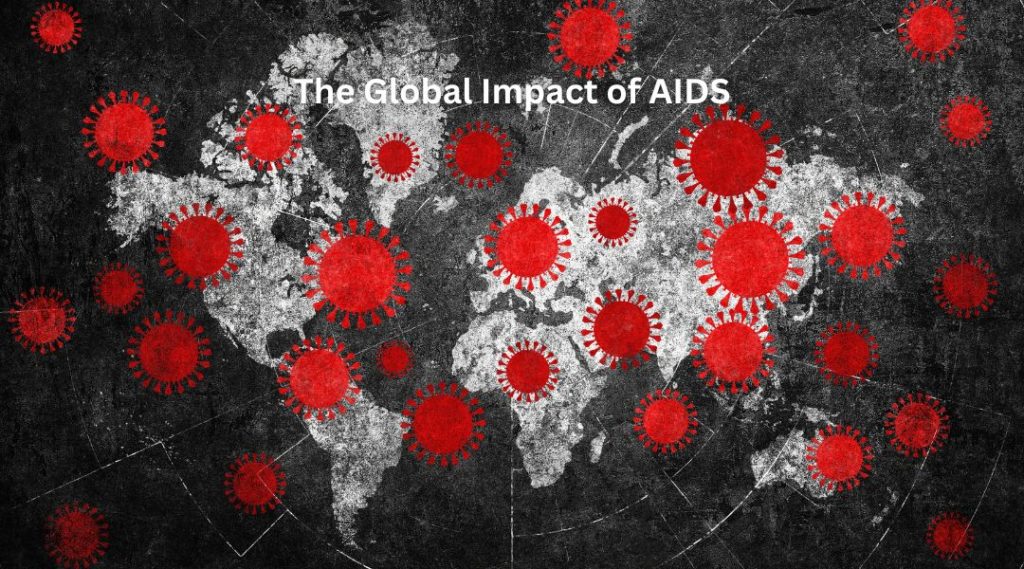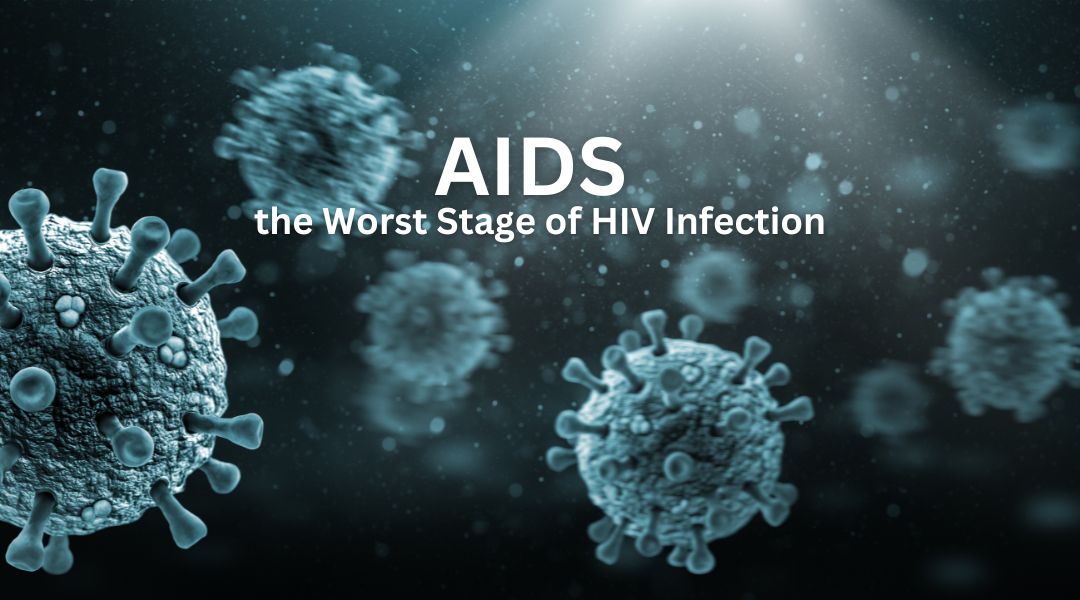AIDS the Worst Stage of HIV Infection
Acquired Immunodeficiency Syndrome (AIDS) stands as one of the most devastating consequences of untreated or poorly managed Human Immunodeficiency Virus (HIV) infection. Over the years, AIDS has caused immeasurable suffering and loss of life worldwide. In this comprehensive article, we will delve into the nature of AIDS, its progression from HIV infection, its impact on the immune system, and the available treatments. Understanding AIDS is crucial for raising awareness, dispelling myths, and supporting those affected by this relentless disease.
Introduction to HIV and AIDS
HIV is a retrovirus that primarily targets the immune system, particularly CD4+ T cells, responsible for coordinating the body’s defense against infections. Initially, after infection, some individuals experience flu-like symptoms, while others may remain asymptomatic for an extended period. However, without adequate medical intervention, HIV continues to replicate and gradually weaken the immune system. As a result, the infected individual progresses to the most severe stage of HIV infection – Acquired Immunodeficiency Syndrome (AIDS).
Progression from HIV to AIDS
The progression from HIV to AIDS is a complex and continuous process. It is commonly measured by the CD4+ T cell count and the presence of opportunistic infections. Typically, a diagnosis of AIDS is made when the CD4+ T cell count falls below 200 cells per microliter of blood or when certain opportunistic infections like Pneumocystis pneumonia or Kaposi’s sarcoma develop.
Impact on the Immune System

As HIV continuously replicates, it targets and destroys CD4+ T cells, which are crucial for mounting an effective immune response. The gradual decline of these cells weakens the immune system, making the infected individual highly susceptible to various infections and cancers that would not normally affect healthy individuals. This immunosuppression marks the onset of AIDS, leaving the body vulnerable to life-threatening illnesses.
Transmission and Prevention
Understanding how HIV is transmitted is essential in curbing its spread and preventing the progression to AIDS. HIV is mainly transmitted through unprotected sexual intercourse, sharing contaminated needles, and from mother to child during childbirth or breastfeeding. Awareness of preventive measures such as practicing safe sex, using sterile needles, and administering antiretroviral drugs during pregnancy significantly reduces the risk of HIV transmission.
Available Treatments
Over the years, medical advancements have led to the development of antiretroviral therapy (ART), a combination of drugs that can effectively control HIV replication. By consistently taking ART, the viral load in the body can be suppressed, slowing down the progression of HIV to AIDS. Moreover, ART also helps in restoring the immune system, reducing the risk of opportunistic infections, and enhancing the overall quality of life for those living with HIV/AIDS.
The Global Impact of AIDS

AIDS has left an indelible mark on humanity, affecting millions of lives across the globe. Many regions, particularly in sub-Saharan Africa, have been disproportionately burdened by the HIV/AIDS pandemic. The devastating consequences of the disease include loss of lives, shattered families, and significant socio-economic repercussions. Despite progress in treatment and Prevention, the fight against AIDS remains ongoing, demanding continuous efforts in research, education, and support for those affected.
Acquired Immunodeficiency Syndrome (AIDS) represents the worst stage of HIV infection, characterized by severe immune system suppression and heightened vulnerability to opportunistic infections and cancers. The progression from HIV to AIDS is a gradual process that can be delayed and managed with timely intervention and adherence to antiretroviral therapy. Education, prevention strategies, and access to treatment are key in curbing the spread of HIV and supporting those living with AIDS. By fostering awareness and empathy, we can work together towards a future free from the devastating impact of AIDS on individuals and communities worldwide.

